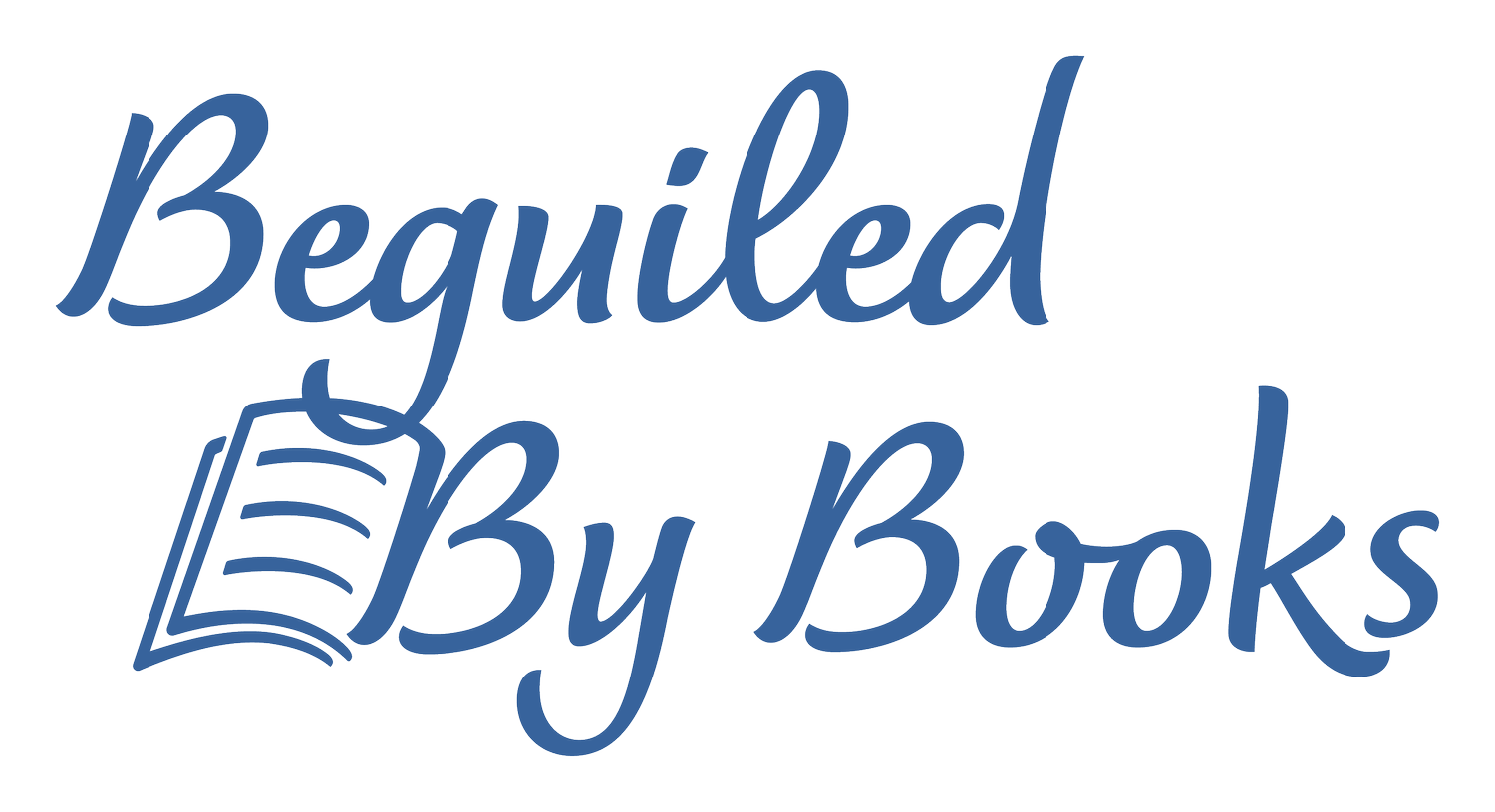The Happiness Advantage by Shawn Achor
The Happiness Advantage
Subtitle: How a Positive Brain Fuels Success in Work and Life
Author: Shawn Achor
Genre: Non-fiction, Business, Self-Improvement
Format: Digital via Libby
Publish Date: September 2010
Read: August 2023
Favorite Quote: Perhaps the most accurate term for happiness, then, is the one Aristotle used: eudaimonia, which translates not directly to “happiness” but to “human flourishing.”
Synopsis: The Happiness Advantage is a short book to help teach people the power of positive thinking. Through seven principles of happiness, Achor posits that negative thoughts and beliefs get in the way of being happy in the moment. He also assumes that most readers believe happiness comes from achievement and success, so he attempts to help them switch that thinking to finding the positive in their current reality.
Why does this book beguile? I probably would never have picked this book up if it weren’t a recommended book by a colleague. The Happiness Advantage takes Achor’s anecdotes from the 2008 financial crisis consulting companies on how to be happy and uses those anecdotes to support his seven principles of happiness.
I don’t disagree with the spirit of the book. Thinking positively is incredibly important to achieving your goals and being the best version of yourself. However, I think Achor missed the mark by sweeping any semblance of negativity away. I believe this to be a symptom of how much our society and culture has changed since the publishing date and today.
At its core, The Happiness Advantage is fluffy and lightweight. It does not elicit introspection or much reflection. It was written through the lens of a privileged white man (who attended Harvard), but doesn’t leave room for other experiences.
“This book is an exercise in unexamined privilege.” - Quote from S.R.
Rating: 3/5
Link*: The Happiness Advantage: How a Positive Brain Fuels Success in Work and Life by Shawn Achor
If you’re interested this, read*: How to Be Sad: Everything I've Learned About Getting Happier by Being Sad by Helen Russell

